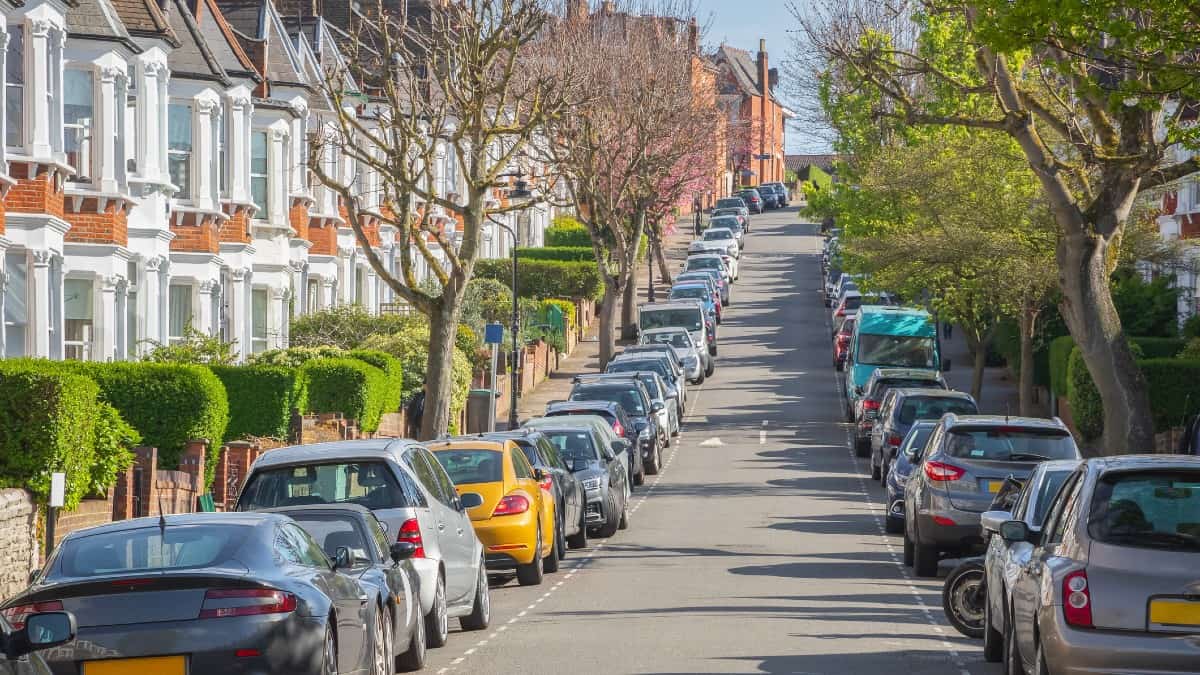Used car prices have soared in the last two years. In fact, the growth in prices has been so rapid that some used cars are now actually priced higher than their brand-new equivalents!
But has this growth peaked? And could a slowdown be on the cards? New data suggests that this might be the case. Read on to find out more.
[top_pitch]
What’s happening with used car prices?
According to a new report by Auto Trader, used car prices have risen 31.9% in the last 12 months.
The data shows that the average price of a used car has risen by nearly £4,000 and now stands at £17,929, up from around £14,000 in February 2021. This is the twenty-third consecutive month of growth for used car prices.
Some of the models that have seen the biggest rises in their asking price include:
- SEAT Alhambra (+56.4%)
- Ford S-Max (+52.8%)
- Toyota Auris (+50.5%)
- Skoda Yeti (+50.3%)
- Ford Grand C-Max (+48.9%)
Has growth peaked?
While used car prices continue to rise, there are signs that the rate of growth may have peaked. For example, the stats show that prices in February were only 0.6% higher than in January.
This is the slowest month-to-month increase in nearly a year, with the last time used car prices rose so slowly being in April 2021.
Are prices likely to come down soon?
If you’ve been putting off buying a used car in the hope that prices will fall, it doesn’t seem yet seem likely. According to Auto Trader, although price growth is likely to ease, people should not mistake this for a market in reverse.
As Richard Walker, Auto Trader’s director of data and insights, explains, “Whilst there are potential headwinds, such as growing inflation and the possible impact of the conflict in Ukraine, consumer demand remains robust.”
The speed at which used cars are selling has also increased significantly. The average used car is now leaving the forecourt 11 days earlier than at the same time last year.
According to Walker, “Combined with the ongoing pressures on new and used car supply, which the current conflict may constrain even further, these market dynamics will ensure used car prices remain high for some time to come.”
He added, “Any suggestion, therefore, of a bubble bursting is based on pure speculation and not the data, which clearly points to very high prices remaining for quite some time to come.”
[middle_pitch]
Can you save money when buying a used car?
So, with used car prices now at record highs, is it still possible to get a good deal? Simply put, yes!
Here are a few tips to help you.
1. Shop around
Unless it’s an emergency, shopping around remains the easiest way to get the best possible deal on a used car.
It’s recommended that you visit and walk out of at least one or two dealerships to find out the lowest possible price they are willing to sell you a car at. Many will let you know just before you leave.
2. Check valuations online
Before you make an offer on any used car, find out its current market value to make sure that you are not overpaying. Sites such as What Car, Parkers and Auto Trader can help with this.
3. Research how long the car has been on the market
Try to find out how long the car has been on sale. If you establish that a car has been sitting on a dealer’s forecourt for some time, they might be willing to accept a lower offer for it.
4. Use any car flaws to negotiate
Used cars are likely to have a few flaws, such as dents, scratches, and paint chips. If these are not a deal-breaker for you, you can use them to potentially negotiate a lower price.
5. Opt for a private seller
Unlike a dealer, a private seller’s primary concern is not making a profit. You will most likely be able to negotiate better with them because they are not professional salespeople and may be more flexible in terms of what they are willing to accept for the car. The disadvantage, of course, is that there are fewer safeguards and guarantees with a private seller compared to a dealer.
Remember
To be able to drive on UK roads, you will need car insurance.
Shopping around for insurance using websites is one of the easiest ways to get the best possible deal for your needs. The Motley Fool has compiled a list of top-rated car insurance comparison websites to help you get started.







